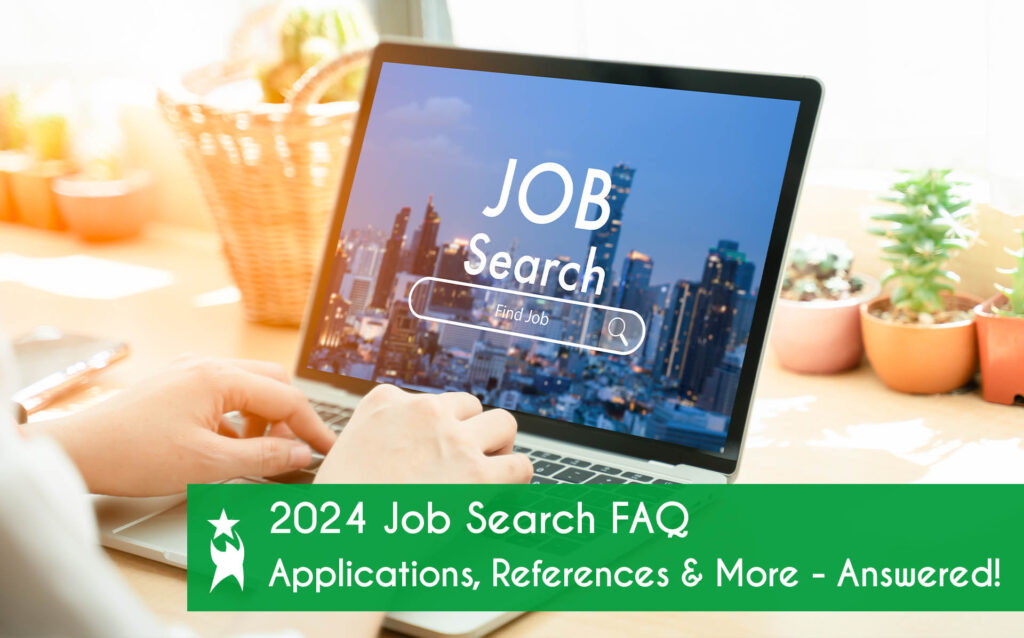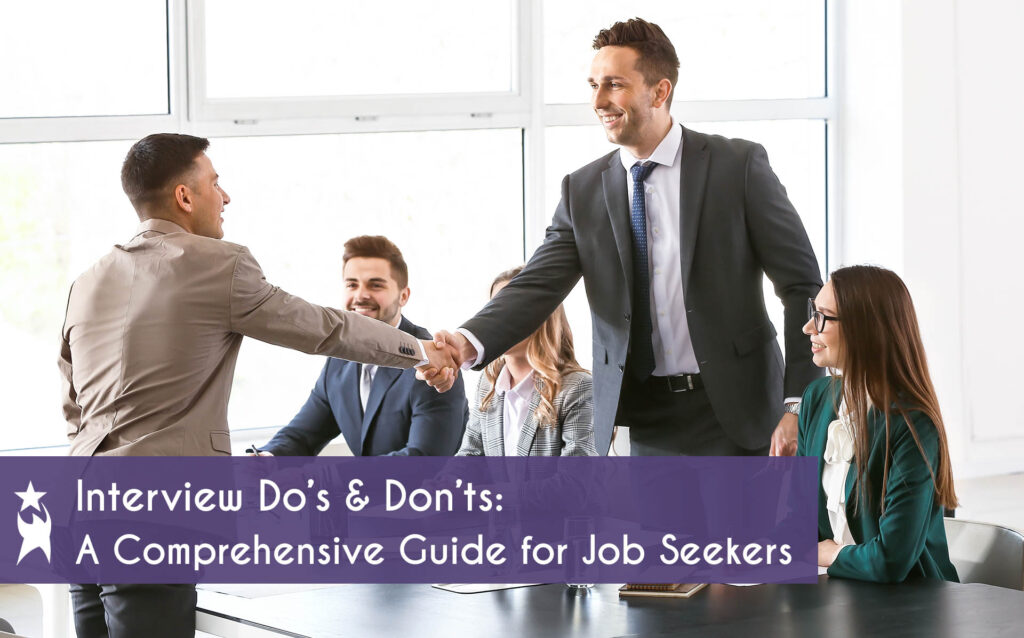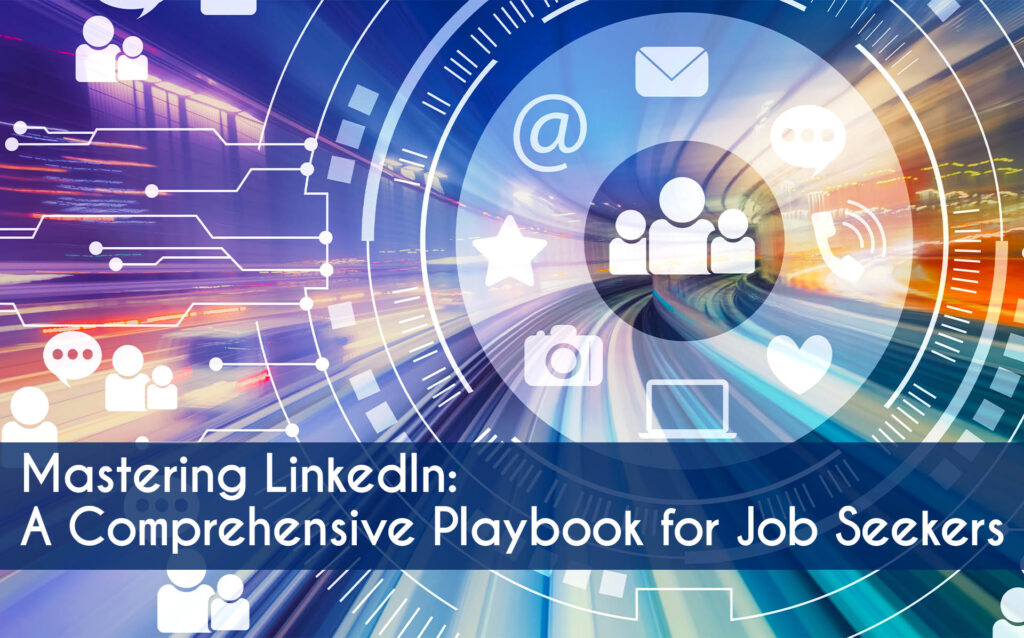Landing the interview is a victory, but the true challenge lies in shining during the conversation. This post equips you with the etiquette essentials you need to navigate your next interview with confidence and leave a positive impression.
Look Sharp: Dress for Success
First impressions count! What you wear tells the interviewer how seriously you take the job. In those first few minutes, you want to look put-together and show you’re excited about the opportunity. Even though different companies have different norms, dressing professionally shows respect for the interviewer and the company. Here are some tips to pick the perfect outfit:
- Company Social Media: Look at the company’s social media pages like Instagram or Facebook. See what the employees wear to work in the pictures they post.
- Industry Standards: If there’s a typical way people dress in your field (like suits in finance), that’s a good starting point.
- Review Sites: Websites like Glassdoor sometimes have reviews from employees about the company culture, which might mention how people dress at work.
- When in Doubt, Dress Up: It’s always better to look too nice than not nice enough. Choose classic professional clothes that are clean, fit you well, and make you seem serious.

Be Polite & Mind Your Manners
Making a positive impression goes beyond job qualifications. Strong interview etiquette, which includes manners and politeness, shows respect for the interviewer and the company’s time. Here’s how to demonstrate these qualities throughout the interview process:
Punctuality: Key to Interview Etiquette
Showing up on time for your interview shows you’re reliable and considerate of the interviewer’s schedule. Aim to get there 10-15 minutes early so you’re not rushed. If something unexpected happens and you’re running late, call the interviewer right away to apologize and ask to reschedule.

Smile & Shine: Your Interview Greeting
First impressions are important and a strong first impression starts with your greeting. It sets the tone for the whole interview. Here’s how to make a positive one:
- Firm Handshake: Imagine shaking hands with a friend you’re happy to see. You want your handshake to be firm, but not too strong. A firm handshake is a key part of good interview etiquette. It shows the interviewer you’re confident and respectful.
- Eye Contact: Make eye contact with the interviewer as you shake their hand. Smile warmly to show you’re happy to meet them. This simple combination shows you’re interested, friendly, and excited about the opportunity.
Project Confidence & Professionalism
Throughout the interview, aim to project a calm and professional image. It shows the interviewer you’re reliable, respectful, and take the opportunity seriously. It also makes you seem like someone who would be a good fit for their company culture. Here’s how to do it:
Sit Up Straight: Good posture shows confidence. Sit up tall with your shoulders back and avoid slouching. Lean in a bit when the interviewer is talking to show you’re paying attention. Avoid crossing your arms or fidgeting with your hands, as this can make you seem nervous.
Make Eye Contact: Look at the interviewer regularly. This shows you’re engaged in the conversation and interested in what they have to say. But remember, there’s a difference between eye contact and staring.
Smile and Nod: Keep a friendly expression on your face. A small smile or a nod shows you’re following along and interested. Even if you’re unsure about a question, avoid frowning or furrowing your brow.
Speak Clearly: Speak in a way that’s easy to understand. Avoid mumbling or speaking too softly. Project your voice so the interviewer can hear you loud and clear. Vary your tone a bit to keep things interesting, but avoid yelling!
Mind Your Words: Using professional language is essential for strong interview etiquette. Avoid slang, filler words (“um,” “like), and profanity. Instead, focus on clear and concise communication to make a positive impression, and convey your thoughts and qualifications.

Nonverbal Communication: Your body language speaks volumes! Avoid fidgeting with your phone or pen. Use open gestures, like palms facing up, to show you’re open and engaged. Leaning in slightly shows attentiveness.
Phone Interview Etiquette: If your interview is conducted over the phone, here are some additional tips:
- Find a quiet space: Minimize background noise so the interviewer can hear you clearly.
- Silence distractions: Put your phone on silent and avoid multitasking during the interview.
- Speak clearly and confidently: Project your voice and enunciate your words carefully.
- Take notes: Even over the phone, it can be helpful to jot down notes to refer to later.
Speak with Clarity and Confidence
Interviews are two-way streets! You want to show the interviewer you can communicate clearly and confidently. These etiquette tips will equip you to communicate confidently during your next interview:

Speak up and be clear
Take a moment to collect your thoughts before answering. Speak clearly and concisely, and avoid mumbling or words that get jumbled together. Take your time and say each word nice and clear. Skip industry jargon, acronyms, and overly complex language to ensure your answers are easy for the interviewer to understand. This shows you’re thoughtful and can communicate effectively.
Listen Up
Pay close attention to the interviewer’s questions. Take a moment to collect your thoughts before answering. This demonstrates good interview etiquette. It shows the interviewer you’re actively listening, thoughtful, and not just blurting out the first thing that comes to mind.
Don't Be Afraid to Ask
If something isn’t clear, don’t be afraid to ask for clarification. You can say something like, “Can you tell me a bit more about what you mean by that?” This shows you’re interested in getting things right and following along with the conversation.
Navigating Salary and Benefits Discussions
In an ideal interview, both the candidate and the employer leave the conversation feeling confident about the potential fit. While compensation and benefits are important factors for any candidate, understanding when and how to discuss them is key to maintaining a positive impression.
Some places, like WA state, have laws that require companies to list salary ranges in their job ads. This is a plus for you – you know what the ballpark is from the start. But there might still be wiggle room for your specific pay within that range. Benefits are another thing to consider.

When to Talk Money
Don’t worry about salary right away. Focus on showing the company why you’re the best person for the job. Highlight your skills and experience, and how you’d be a great asset to their team. If the interview progresses well and the interviewer brings up compensation, that’s a good sign they’re interested in you. However, if salary isn’t mentioned during the interview, it’s best to wait until a later stage. Here are some appropriate times to bring up salary:
During a phone screen with a recruiter
If a recruiter reaches out to you about a position, it’s a good time to ask about pay. It can help you decide if the opportunity aligns with your financial expectations before moving forward with the interview process.
Post-Interview follow-up with a recruiter
If you’re working with a recruiter, they should reach out to follow up after your interview to discuss how it went, and provide feedback from the hiring manager. Your recruiter should have details about pay and can negotiate on your behalf.

When contacted for a second interview
If you’re invited for a second interview, it’s ok to inquire about salary at that point, especially if it wasn’t mentioned during the first interview.
Ask Smart Questions
Instead of asking for a specific number, try an open-ended question. You could say, “Can you tell me more about the pay and benefits for this position?” This gives the interviewer a chance to explain the whole offer, including things like health insurance or paid time off. Plus, it opens the door for you to negotiate later.
Looking for work?
Click here to explore our job board or give our recruiting team a call to get started.
Knowing Your Worth
The whole interview is a chance to show your value. By talking about your skills and accomplishments, you remind the company why you deserve a good salary. This will help you get the best offer possible when they make the job yours.
Working With a Recruiter
A staffing recruiter can be a valuable asset during salary negotiation. They know the market and can fight for the salary you deserve. They’ll also advise you on when to talk about money and can even represent you in those conversations. This frees you to focus on the interview and making a strong impression, while the recruiter works behind the scenes to get you the best deal.
Following Up and Thank You Notes
After the interview, send a thank-you note to the interviewer within 24 hours. Thank them for their time and reiterate your interest in the position. Briefly mention something specific you discussed in the interview to personalize the note.
If you haven’t heard back within a reasonable timeframe (usually a week or two), you can send a follow-up email to the interviewer or recruiter. Briefly express your continued interest in the position and inquire about the next steps in the process.
By following these interview etiquette tips, you’ll present yourself professionally and confidently. Remember, strong communication and a positive attitude are key to making a lasting impression. This preparation will help you navigate the interview process effectively and position yourself for success in your job search.
Got questions about your career? We’re always happy to answer questions from our readers, so send them our way!
Check out our other blog posts for more useful tips!
Resources
- How to Sound Like a Hero In Your Next Interview
- Throwing Flags: Interview Mistakes That Could Cost You The Job
- Seal the Deal: Turn That Successful Interview Into a Job Offer
- From Hanger to Hired: Dress for Success to Land the Job
- Telling Tales: Using Storytelling to Land the Job You Want
- WOW Your Interviewer With These Next-Level Nonverbal Communication Tips
- Well, LOOK at That: Perfecting the Art of Eye Contact
- Brag Better to Land the Job You Want








